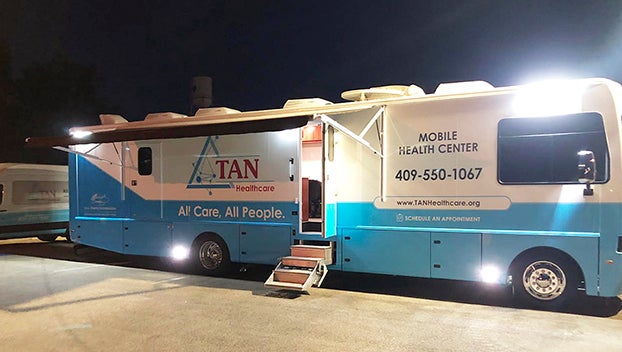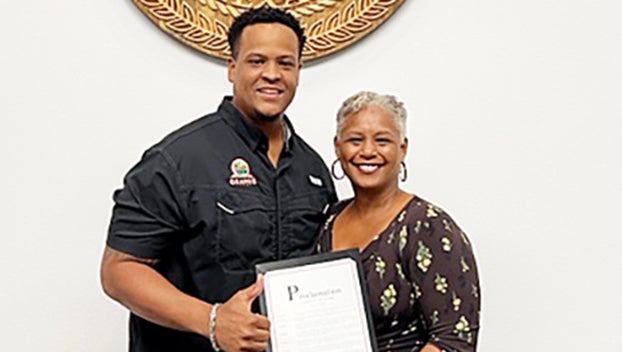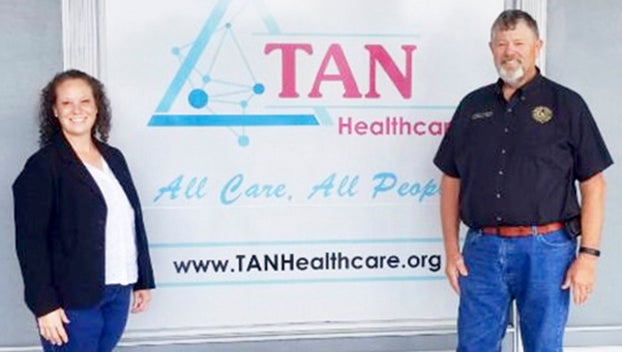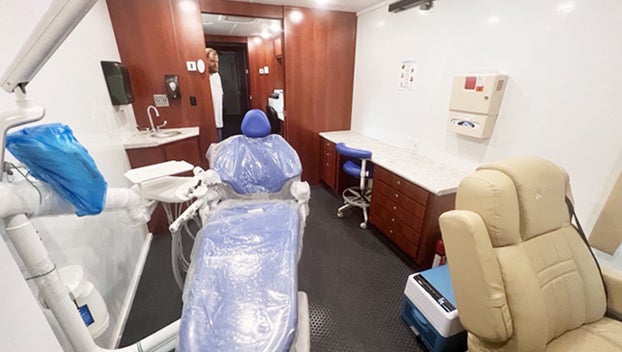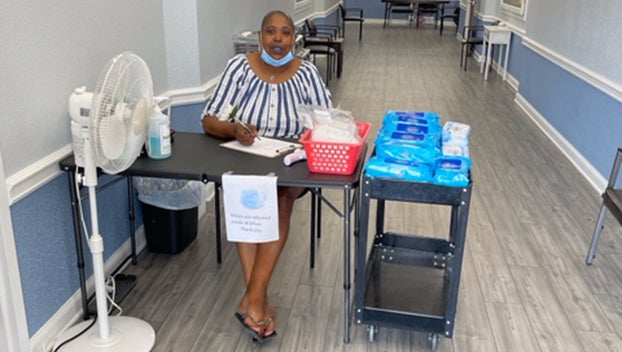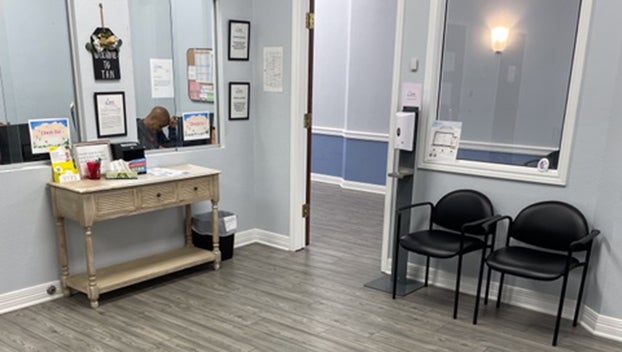Triangle Area Network easing healthcare cost burden in Orange
Published 12:20 am Sunday, September 25, 2022
|
Getting your Trinity Audio player ready...
|
The cost of healthcare is skyrocketing, but one local organization is working to ease that burden.
Triangle Area Network (TAN) is known for HIV prevention and treatment services, but since 2015 is a federally qualified health center, providing a wider range of services with locations in Orange and Beaumont.
“We received the reward to expand our previous service, which was dedicated specifically to living with HIV – we’ve expanded to become a full service comprehensive primary care facility,” said Dena Hughes, TAN CEO.
But Hughes says getting the word out is a bit tricky.
“One of our biggest challenges is we do have a 30-year history in the community, but it is under another umbrella, so we’re still trying to get the word out to the community that we are more than just an HIV service provider.”
TAN offers services that range from primary care to patient support.
Family health center
According to tanhealthcare.org, the family health center is available to residents seeking a general appointment due too illness but also for chronic issues such as diabetes and hypertension. Most private insurance plans are accepted, and officials also serve those who are uninsured.
“We still do all of the basics — cold, flu, Covid,” Hughes says. “We have seven full-time nurse practitioners at our Beaumont location, brick and mortar in Orange and the mobile health center that has a medical bed and dental bay.”
The mobile unit goes out into several surrounding counties, including Orange, Jefferson, Hardin, Tyler, Jasper and Newton Counties to provide the same care.
“After [Hurricane] Harvey we found as a result of [the storm] things closed and services were not available,” Hughes said. “Collaborating with churches and the Southeast Texas Food Bank, depending on who was interested we wanted to be able to come into the community and provide basic needs post storm.”
At the time, TAN used familiar community spaces, but now show up to those same sites with their mobile unit.
Behavioral health
TAN also offers behavioral health services to individuals, children, couples and families providing emotional support during difficult times.
“We have a pretty solid team — a psychiatrist on staff full time, two behavioral health nurse practitioners at both locations and the range of social services, licensed professional counselor, a licensed clinical social worker, care managers and telehealth care managers who work specifically with clients over the phone,” Hughes says.
Whether you are feeling anxious, need help managing an existing condition, TAN is there to help.
“You don’t have to see us as a primary care patient to be able to use other services in the health center,” Hughes said. “Twenty five percent of our patients are referred from outside the health center.”
According to Hughes, you can seek out behavioral health services without TAN taking them on as primary care patients.
Patient support
TAN works closely with patients and their healthcare providers to develop and work an effect plan of care specific to the patient’s needs. They also collaborate with patients to address aspects of life that may not be related to their healthcare goals but could impact health and treatment outcomes.
“We have a range of services, so we’re not forced to send patients out for referral,” Hughes says “We will help offset cost of a specialist which can cost money. Cardiologists, Hematologists – their rates aren’t the same as primary care so people won’t go to those next steps because they simply cannot afford to get it or the care is in Galveston or Houston so our goal is to try to eliminate as many barriers to get the health outcome that you’re looking for that we can.”
One of the ways TAN helps eliminates barriers to health care is by providing transportation to and from appointments to Houston and Galveston, along with local visits.
Another way TAN reduces barriers is by providing services on a sliding scale.
“Say you have a mom of three working at Walmart — four people in the home but only one bringing in a check. We take that into account,” Hughes says. “The Mom is this situation would pay a nominal $25, which will get her the same visit that a person with insurance would pay.”
Hughes say the $25 covers a full visit and whatever labs the provider requires.
“You don’t turn around and get a $300 lab bill,” Hughes says. “The highest nominal fee is $50 — never more than that if underinsured or uninsured.”
But their services are not just for those who do not have insurance.
“Even if a person has insurance and don’t want to use it, we will still use the sliding scale fee,” Hughes says.
Hughes says some people want to get evaluated for STDs like HIV but do not want their insurance provider to know.
“It’s all about reducing barriers,” Hughes says. “We don’t want someone to not get a pregnancy [or other test] because it’s going to show up on Mom’s insurance.”
For more information on their services visit tanhealthcare.org or call 409-920-4223.
— Written by Chrissie Mouton


